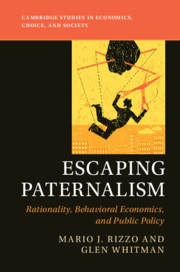As an African American deeply impacted by the personal and communal trauma from the police murder of George Floyd in May 2020 and alleged “racial reckoning” that took place globally immediately thereafter, I have personally wrestled with the responses of many non-Black persons to these events. Though the responses came from well-intentioned friends and colleagues trying to be helpful and conciliatory, they resonated as an empty refrain: “I don’t know what it means to be Black, but….” Each time I heard this refrain, I found myself pondering more deeply what and how these folks, and all folks, understand and practice empathy. My experiences and research revealed a similar concern that I witness across many situations in which people think they are being helpful when in fact they are not doing what real empathy requires – being with the person rather than trying to imagine what the person is going through. This article challenges the faulty ways that people have been taught to think about and practice empathy in hopes of offering a model that might facilitate in more meaningful ways ties that bind human hearts and minds.


